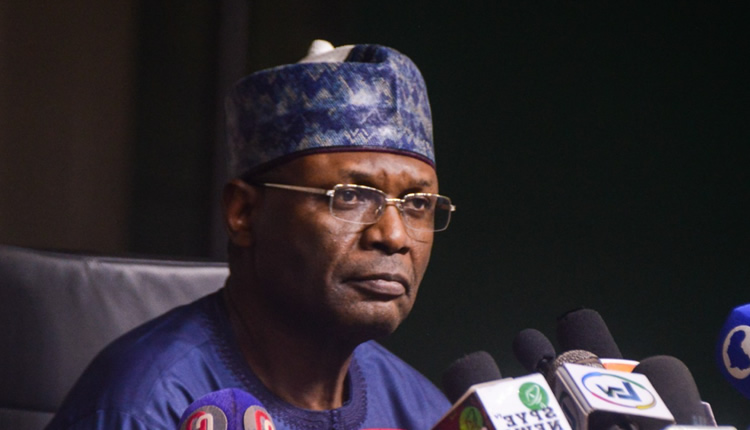The recent general election in Ghana has been hailed as a model of transparency, fairness, and credibility, earning praise from the international community, including Nigeria’s Independent National Electoral Commission (INEC) Chairman, Professor Mahmood Yakubu, who was part of the observer team. Ghana’s election, which saw no reports of manipulation, ballot box snatching, or transmission glitches, stood in stark contrast to Nigeria’s controversial 2023 elections, leaving many Nigerians questioning whether INEC can replicate such success in 2027.
Upon his return, Professor Yakubu controversially credited Ghana’s electoral success to lessons learned from Nigeria, a statement that has sparked public outrage. Many Nigerians have lost confidence in INEC, doubting its ability to oversee a free, fair, and credible election in 2027. Concerns focus on the commission’s failure to improve following off-cycle elections in Edo and Ondo, raising questions about its capacity for reform.
Experts and political analysts have voiced similar concerns, calling for urgent reforms to make INEC more independent and capable of delivering credible elections. Professor Benjamin Okaba, President of the Ijaw National Congress, emphasized the need for securing INEC’s true independence to shield it from political influence, which has long plagued Nigerian elections. He advocated for the overhaul of electoral laws, the enforcement of mandatory BVAS use, and the immediate transmission of results to INEC’s portal to enhance transparency.
Other stakeholders have pointed to the need for internal democracy within political parties, better voter education, and technological advancements in registration and result transmission. These changes, they argue, are necessary to avoid the pitfalls of the 2023 elections, where vote-buying, manipulation, and security lapses were rampant.
Public commentator Emmanuel Kuejubola highlighted that Nigeria’s electoral challenges are rooted in deep political interference, especially from the executive. He stressed that for INEC to conduct a credible election, it must be freed from these external pressures, noting that reforms in the electoral system must be accompanied by a national commitment to impartiality and transparency.
Similarly, Hon. Stephen Adewale, a former Ondo state SDP chairman, suggested that the political elite has historically denied INEC the autonomy needed to conduct credible elections. He also called for improved security measures, greater political party accountability, and more effective laws to combat vote-buying and electoral malpractices.
Amid these calls for reform, some analysts, like Surv. Furoebi Akene, believe that INEC can still conduct credible elections, provided there is a concerted effort to address systemic issues such as corruption, political interference, and security lapses. Meanwhile, others, like activist Charles Tejiri, remain skeptical, citing Nigeria’s complex ethnic and religious divisions, which often influence voting patterns.
Despite the challenges, some voices remain hopeful. Saviour Akpan, Executive Director of the COMPPART Foundation for Justice and Peace Building, argued that Nigerians must take ownership of the electoral process, urging citizens to demand accountability and participate actively in the democratic process. He believes that with the right reforms and a shift in national attitude, Nigeria can surpass Ghana’s success in future elections.
As the 2027 general elections approach, it remains to be seen whether INEC can rise to the challenge. While the path to credible elections seems daunting, it is clear that significant reforms, enhanced independence, and a commitment to transparency will be critical in restoring public trust in Nigeria’s electoral system.




